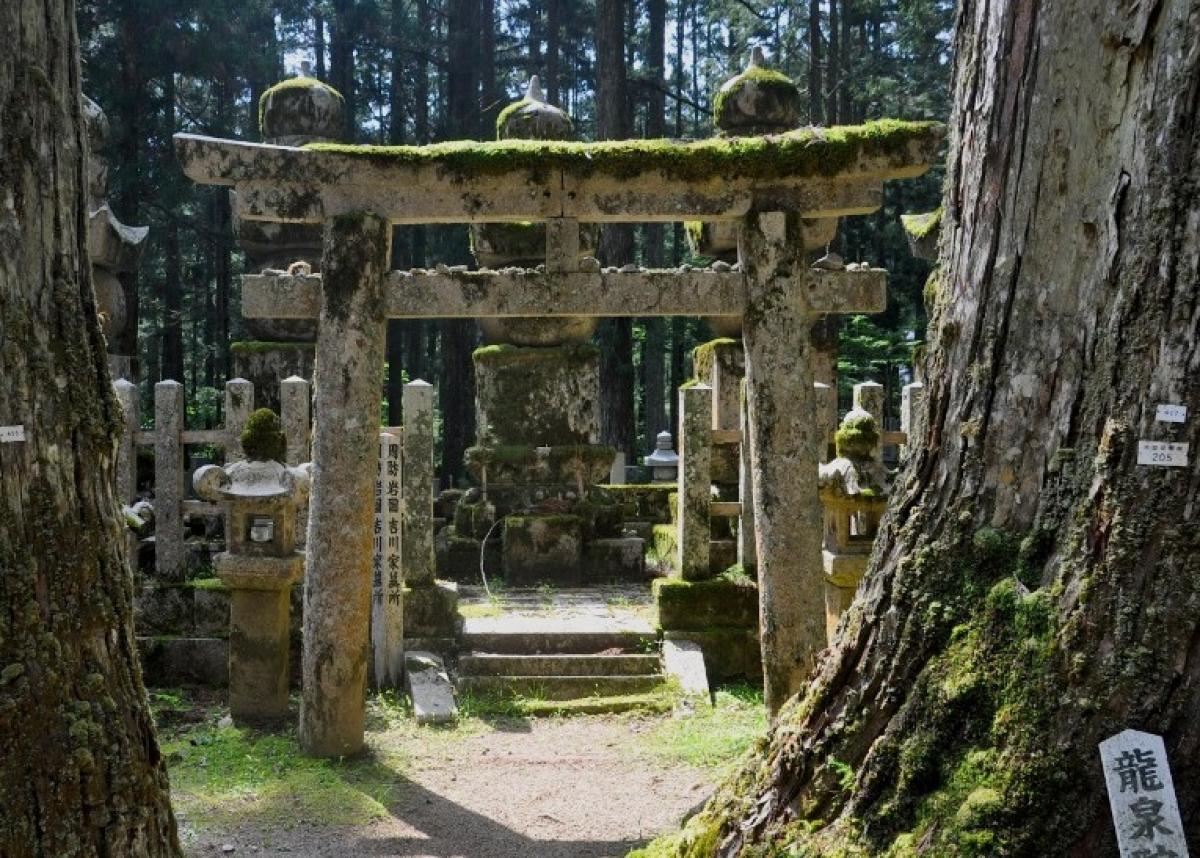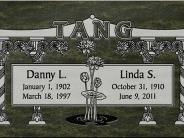- Our Community
- Community Overview City History Community Demographics Chamber of Commerce Events and Activities City Calendar City Parks On-Line Store Cemeteries Local Weather Photo Gallery
- Library School District Public Safety Emergency Management Police Fire ADA Compliance Americans with Disabilities Wall of Honor Wall of Honor
- Grove Regional Airport Grand Lake Association INTEGRIS Grove Hospital Har-Ber Village Lendonwood Garden Playmakers Theatre Cayuga Mission
- Doing Business
- Welcome Visitors
- Grand Lake Association Grove Area Chamber of Commerce Grove Regional Airport Playmakers Theatre
- Cayuga Mission Har-Ber Village Lendonwood Garden Grand River Dam Authority (GRDA)
- On-line Store Photo Gallery Events Where to Eat Where to Stay Where to Park in Downtown Grove Wolf Creek Park & Boating Facility
- Inside City Hall
- Contact City Hall Staff Directory Submit a Complaint or Comment City Code Comprehensive Plan Jobs - Equal Opportunity Employer Non-Discrimination Download Employment Application Submit Employment Application
- Agendas and Minutes City Council Boards and Committees Convention and Tourism Bureau Economic Development Authority Municipal Airport Authority Municipal Service Authority Planning and Zoning Board Zoning Board of Adjustments ADA Compliance Americans with Disabilities
- Departments Administration Airport Buildings and Grounds Community Development Economic Development Finance Fire Emergency Management Municipal Court Police Public Works Utility Services
- Helpful Resources
- Alerts and Notifications Email Subscriptions Events and Meetings Agendas and Minutes City Calendar In the News City News
- Contact the City Staff Directory Submit a Request or Concern Code Red Code Red Login Documents and Forms Documents and Reports Forms, Permits and Applications Maps
- Social Media City of Grove on Facebook Wolf Creek Park on Facebook Grove Animal Control on Facebook Frequently Asked Questions Frequently Used Numbers Helpful Links
Shinto

SHINTO - Shinto also called kami-no-michi, is a Japanese religion. It focuses on ritual practices to be carried out diligently, to establish a connection between present-day Japan and its ancient past. Shinto practices were first recorded and codified in the written historical records of the Kojiki and Nihon Shoki in the 8th century. Still, these earliest Japanese writings do not refer to a unified "Shinto religion", but rather to a collection of native beliefs and mythology. Shinto today is a term that applies to the religion of public shrines devoted to the worship of a multitude of gods (kami), suited to various purposes such as war memorials and harvest festivals, and applies as well to various sectarian organizations. Practitioners express their diverse beliefs through a standard language and practice, adopting a similar style in dress and ritual, dating from around the time of the Nara and Heian periods (8th to 12th centuries AD).
Shinto is the largest religion in Japan, practiced by nearly 80% of the population. "Shinto" has different meanings in Japan: most of the Japanese attend Shinto shrines and beseech kami without belonging to an institutional "Shinto" religion, and since there are no formal rituals to become a member of "folk Shinto", "Shinto membership" is often estimated counting those who join organized Shinto sects. Shinto has 81,000 shrines and 85,000 priests in the country.
Kami or shin is defined in English as "god", "spirit", "spiritual essence", all these terms meaning 'the energy generating a thing'. Since the Japanese language does not distinguish between singular and plural, kami refers to the divinity, or sacred essence, that manifests in multiple forms. Rocks, trees, rivers, animals, places, and even people can be said to possess the nature of kami.
Click any thumbnail image to view a slideshow


